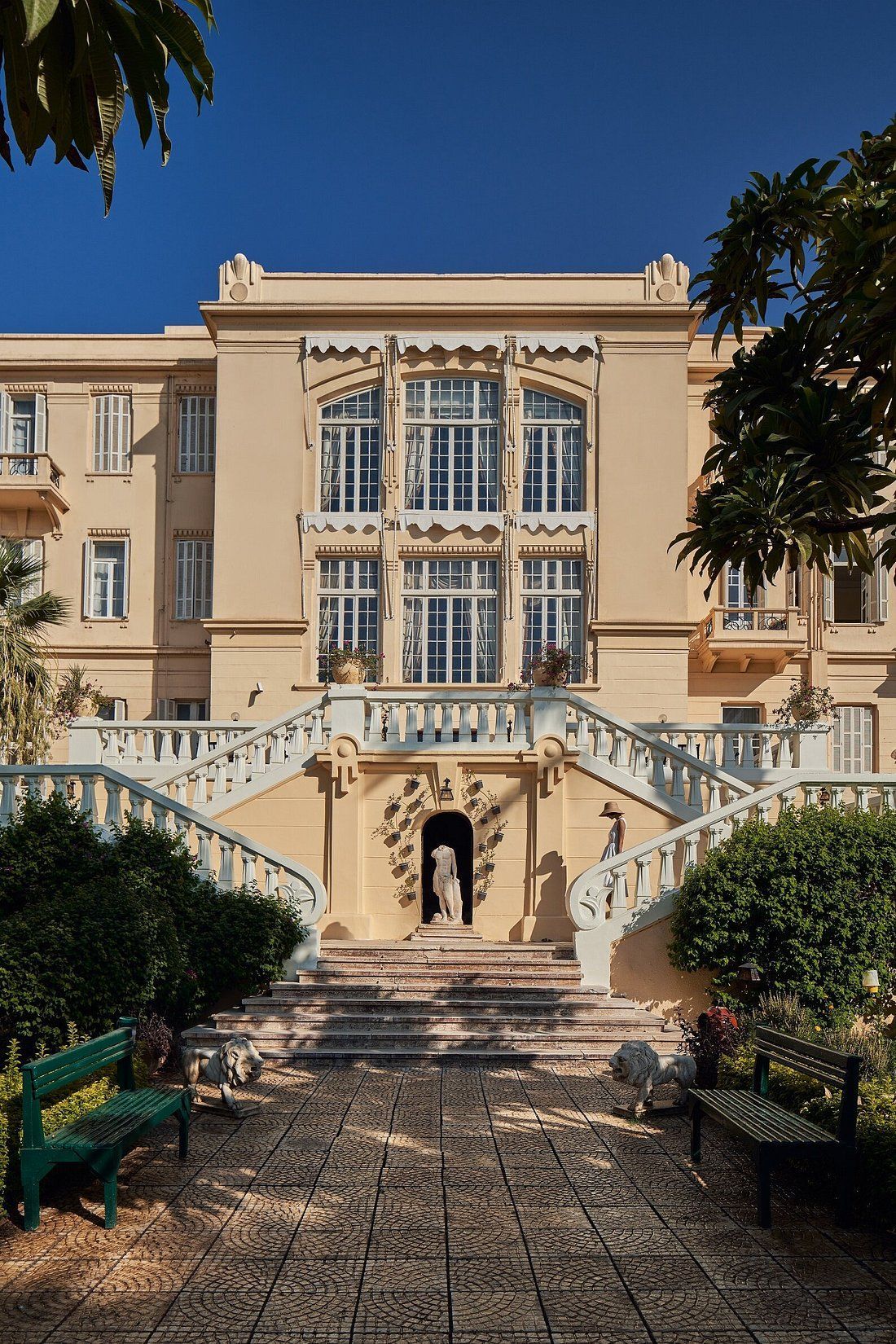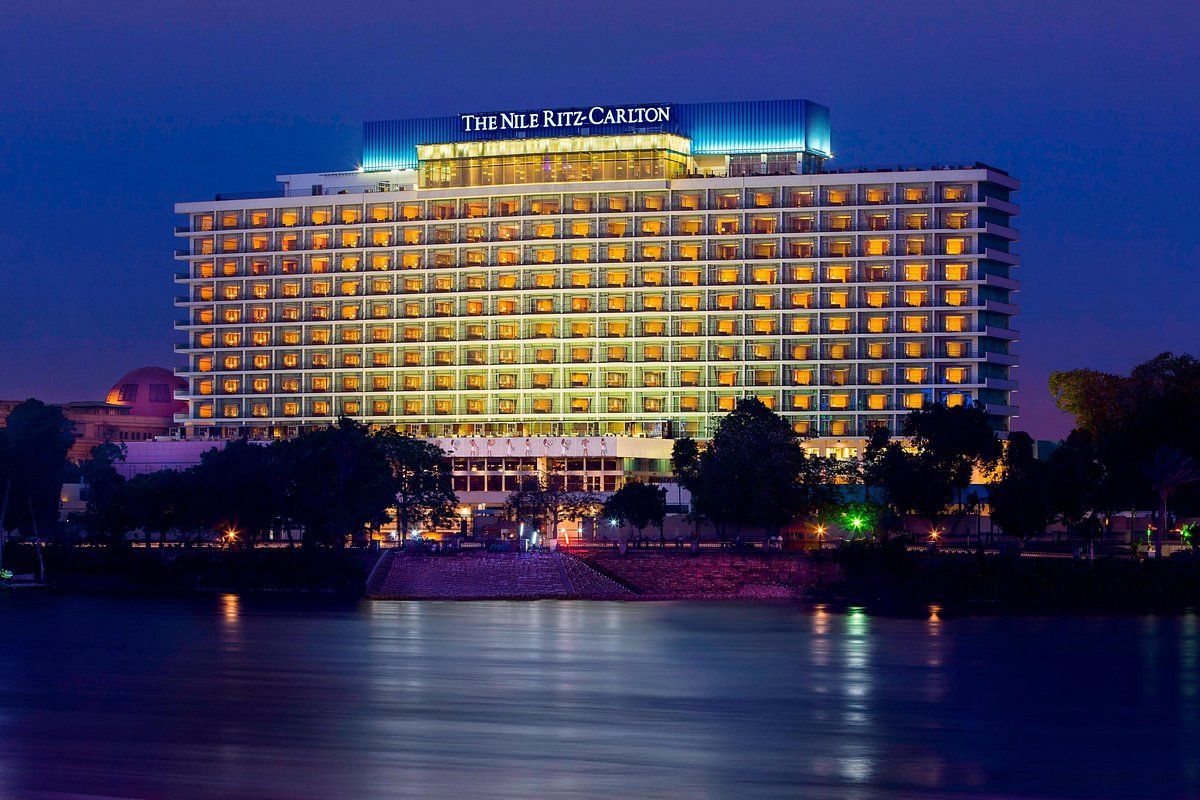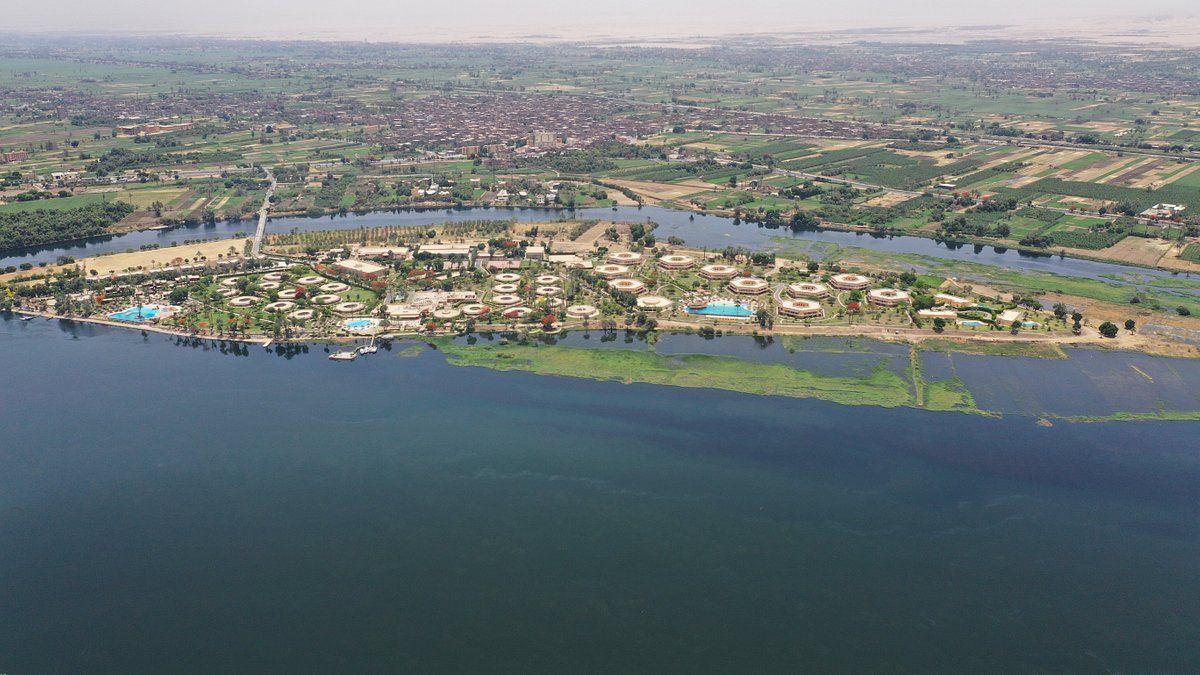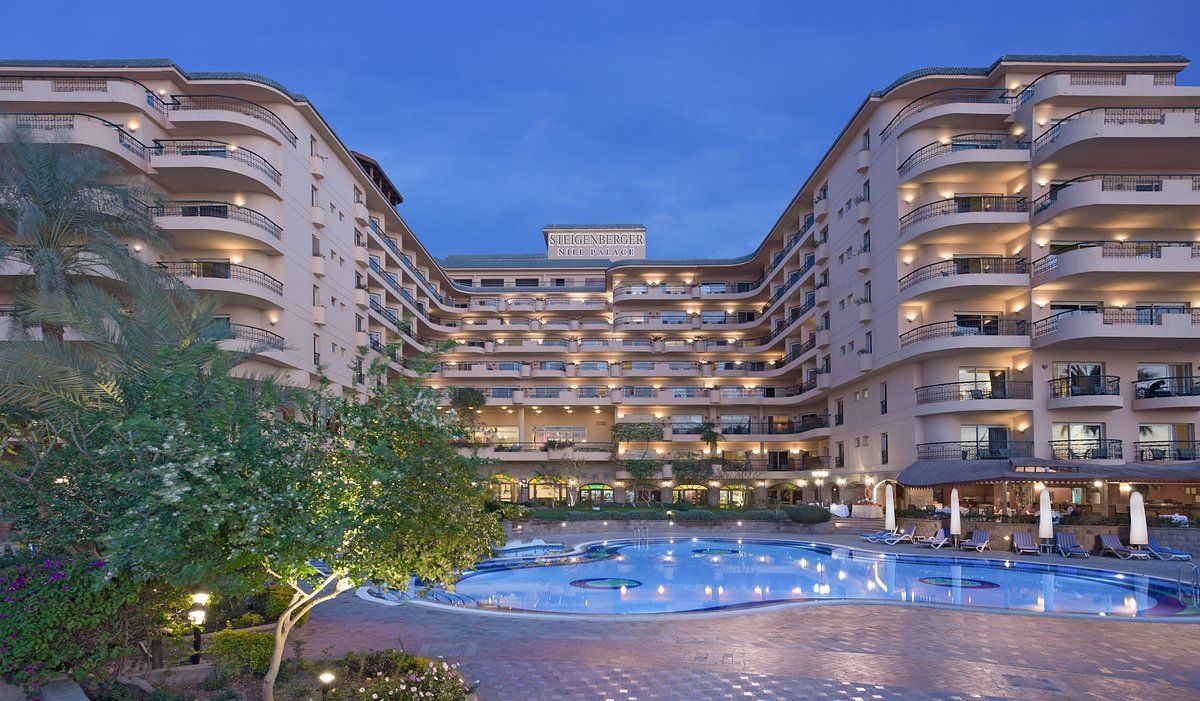Get in touch
Luxor
Unveil the Mysteries of Luxor: Journey Through Time in the World's Largest Open-Air Museum, Home to Majestic Temples and Royal Tombs.
Luxor: A Gateway to Ancient Egypt's Glorious Past
Luxor, often referred to as the world's greatest open-air museum, stands on the site of ancient Thebes, the pharaohs' capital at the height of their power. This city, nestled along the Nile's east and west banks, is a treasure trove of archaeological wonder and historical depth. From the awe-inspiring Temple of Karnak to the Valley of the Kings and the majestic Luxor Temple illuminated at night, Luxor offers a profound journey into ancient Egypt's heart, where every monument, hieroglyph, and artifact tells a story of divine kingship, religious devotion, and daily life thousands of years ago.
Key Islands and Attractions:
Karnak Temple Complex: The largest religious building ever constructed, featuring a vast array of decayed temples, chapels, pylons, and other buildings.
Luxor Temple: A significant religious center, linked to the Karnak Temple by the Avenue of Sphinxes, stunningly lit up at night to highlight its architectural beauty.
Valley of the Kings: The burial site of Egypt's New Kingdom rulers, where visitors can explore the tombs of pharaohs like Tutankhamun and Ramses II.
Valley of the Queens: Home to the tombs of queens and princes, including the exquisite tomb of Nefertari, one of Egypt's most beautifully decorated tombs.
Temple of Hatshepsut:
An imposing mortuary temple for one of Egypt's greatest pharaohs, carved out of the rock cliffs at Deir el-Bahari.
Must-See Sights and Experiences:
Hot Air Balloon Ride over Luxor: Witness the breathtaking sunrise over Luxor from a hot air balloon, offering unrivaled views of the Nile, temples, and tombs.
Nile River Cruise: Embark on a luxurious cruise from Luxor to Aswan, stopping at ancient sites and experiencing the beauty of the Nile Valley.
Sound and Light Show at Karnak: Discover the history and significance of Karnak Temple under the stars, brought to life through spectacular sound and light effects.
Visit the Tombs: Explore the intricately decorated tombs in the Valley of the Kings and the Valley of the Queens, marveling at their preserved art and hieroglyphs.
Luxor Museum: Home to a carefully curated collection of artifacts from the Theban temples and necropolis, offering insights into ancient Egyptian civilization.
Latest Tailor-made Offers






Latest Hotel Offers
Top Luxury Hotels

Sofitel Winter Palace Luxor
A historic hotel offering a glimpse into the grandeur of Egypt's colonial past, set amidst lush tropical gardens and overlooking the Nile.

The Nile Ritz-Carlton, Luxor
Combining luxury with historical charm, this hotel provides easy access to Luxor's ancient sites, alongside exceptional service and facilities.

Jolie Ville Hotel & Spa Kings Island Luxor
Located on a private island on the Nile, this hotel offers peace and privacy, with beautiful gardens, pools, and spa facilities.

Steigenberger Nile Palace Luxor
Situated in the heart of Luxor, offering spacious accommodations, multiple dining options, and panoramic views of the Nile and Luxor Temple.
Insider Guides and Tips:
Best Time to Visit: The ideal time to explore Luxor is from October to April when the weather is cooler, making sightseeing more comfortable.
Dress Code: Dress modestly, especially when visiting religious or historical sites. Bring a hat, sunscreen, and comfortable walking shoes for daytime exploration.
Safety and Etiquette: Luxor is generally safe for tourists. Respect local customs, and consider hiring a licensed guide for in-depth knowledge and to navigate the sites.
Transportation: Taxis, horse-drawn carriages (caleches), and bicycles are common ways to get around Luxor. Agree on prices before starting your journey.
Cultural Experience: Engage with local culture by visiting a traditional market, trying Egyptian cuisine, and, if possible, attending a local festival or event.
Opening Times: Monday to Sunday 09:00 - 20:00 | Saturday 09:00 - 18:00 | Sunday 10:00 - 18:00
Kullaborne Travel Limited acts as an agent in respect of all bookings made on our website or by telephone. For all bookings, your contract will be with the applicable Supplier/Principal (e.g. tour operator/airline /accommodation /cruise provider) of your chosen travel arrangements and Kullaborne Travel Limited acts only as an agent on their behalf. All flight-inclusive holidays featured on this website are financially protected by the ATOL scheme and in accordance with the holiday provider’s ATOL licence. When you pay for your flight-inclusive holiday you will be supplied with an ATOL Certificate, and fully supported through ATOL (ATOL 12540 ). Kullaborne Travel Limited is registered with UK Companies House with registered number 15232567 and our VAT number is GB 461158206.
© 2024 Kullaborne Travel Limited



